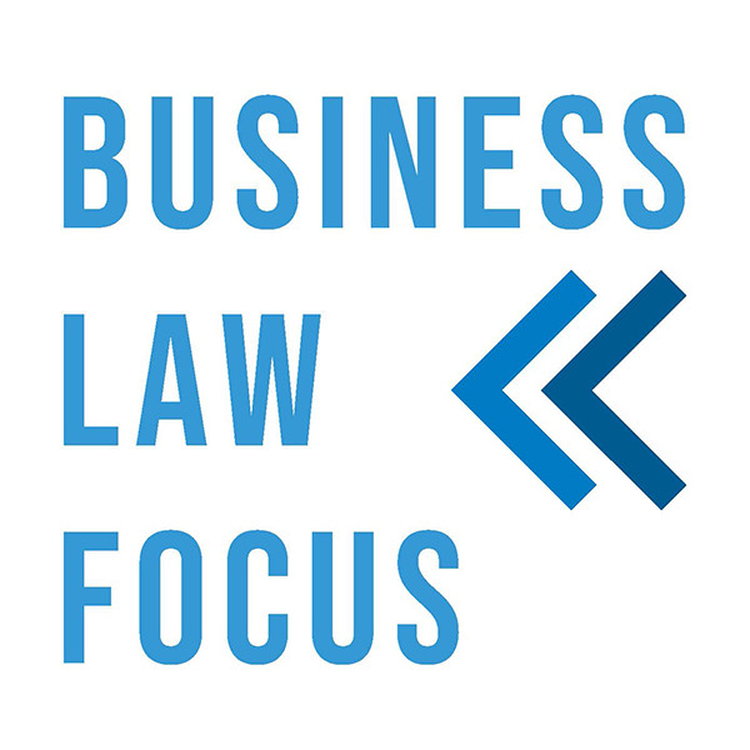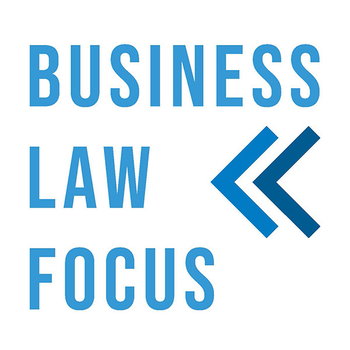
Whistleblowers and the law - blowing in the wind
Loading player...
In this edition of Business Law Focus, host Evan Pickworth interviews Tendai Jangara, Director in the Dispute Resolution practice at Cliffe Dekker Hofmeyr (CDH) about the ongoing plight of increasingly unloved whistleblowers. Among others, they discuss whether it was fair to ask André de Ruyter, after exiting Eskom in the wake of a poisoning scandal, to back up his further corruption allegations and how this could have been better handled. They look into how amendments to the Protected Disclosures Act should ensure that provision is made for future job security, or financial, emotional, legal or other support for whistleblowers and their families. They also cover the often neglected ground of when whistleblowing is used as a ruse, or for malicious intent by those with ulterior motives.
The Context
While corporate South Africa has made great strides in promoting employee wellness and the right to speak against unfair treatment in the workplace, the same cannot be said for whistleblowing. Whistleblowers play a crucial role in the exposure of serious criminal activities, including fraud and corruption and unfortunately, often suffer occupational detriment and even lose lives as a result of their desire to act in the best interests of employers. A fundamental mind shift by employers is required to understand that whistleblowers act, at great risk to themselves, not to negatively impact their workplaces but to expose malfeasance with the aim of protecting places of employment and assets.
The Protected Disclosures Act, 26 of 2013 (PDA), is inadequate when considering retribution which extends beyond the bounds of employment, including threats to life, financial detriment and legal costs. The Labour Relations Act, 66 of 1995 (LRA) provides for compensation of loss of income, for example, but this is limited to an amount not exceeding 24 months' worth of remuneration where a whistleblower can suffer reputational damage which prevents them from securing employment indefinitely.
It is necessary to amend the PDA to include mechanisms for whistleblowers to report activities to a regulated body that can immediately activate a system for protection, at the time of reporting, which considers the whistleblower not just as an employee, but a person whose life, overall well-being and financial interests must be secured. It is imperative that a proactive approach be taken to guarantee the safety and financial well-being of whistleblowers as retaliatory actions usually impact these areas causing irreparable harm. When the legislation is amended and shown to be effective in guaranteeing whistleblower protection, it is likely that an increase in reporting using whistleblowing mechanisms, including direct statements and hotlines, will be experienced in both the private and public sectors.
The Context
While corporate South Africa has made great strides in promoting employee wellness and the right to speak against unfair treatment in the workplace, the same cannot be said for whistleblowing. Whistleblowers play a crucial role in the exposure of serious criminal activities, including fraud and corruption and unfortunately, often suffer occupational detriment and even lose lives as a result of their desire to act in the best interests of employers. A fundamental mind shift by employers is required to understand that whistleblowers act, at great risk to themselves, not to negatively impact their workplaces but to expose malfeasance with the aim of protecting places of employment and assets.
The Protected Disclosures Act, 26 of 2013 (PDA), is inadequate when considering retribution which extends beyond the bounds of employment, including threats to life, financial detriment and legal costs. The Labour Relations Act, 66 of 1995 (LRA) provides for compensation of loss of income, for example, but this is limited to an amount not exceeding 24 months' worth of remuneration where a whistleblower can suffer reputational damage which prevents them from securing employment indefinitely.
It is necessary to amend the PDA to include mechanisms for whistleblowers to report activities to a regulated body that can immediately activate a system for protection, at the time of reporting, which considers the whistleblower not just as an employee, but a person whose life, overall well-being and financial interests must be secured. It is imperative that a proactive approach be taken to guarantee the safety and financial well-being of whistleblowers as retaliatory actions usually impact these areas causing irreparable harm. When the legislation is amended and shown to be effective in guaranteeing whistleblower protection, it is likely that an increase in reporting using whistleblowing mechanisms, including direct statements and hotlines, will be experienced in both the private and public sectors.

